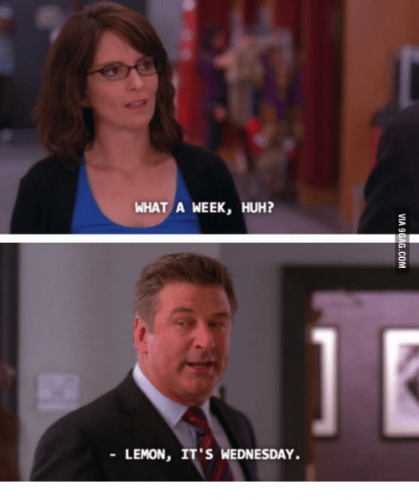Category: personal
You are viewing all posts from this category, beginning with the most recent.
Ten Years
Note: I originally wrote this post in January 2019. 18 months later we made the decision to leave this church. It feels like now it’s time to let this post see the light of day.
We were ten years at our first church out of college.
After those ten years we recognized that we had poured ourselves into the church to the point of exhaustion. I was leading the worship ministry; my wife was leading behind the scenes doing meals, funerals, kitchen stuff - the practical glue that holds a small church together. We had two kids and a third on the way. I had a full-time job outside of the church. It was just too much.
We went around and around trying to figure out how to lighten the ministry load without throwing it off altogether. When I tried to shed tasks my pastor would tell me that he sympathized, but that the church just needed me, that I was almost indispensable, and that they would be in a bad place if I quit.
We watched our handful of real friends at church move out of town or to other churches. When we finally decided the only way to get out was to, well, get out, I found that the pastor who I thought was my friend really cared more about the ministry than about me. The day he called to ask how it was going and I told him that I was leaving the church, he said he wanted to sit down and talk about it… but he didn’t have time in his schedule until two weeks later. Maybe he was just cutting his losses.
We landed at another church, a bigger one this time, where it’d be harder for us to become indispensable. Our new church had a full-time worship pastor. He listened to my tale of burnout and was protective of my schedule. We developed what felt like a friendship - at least, we’d meet for lunches semi-regularly where we talked about life and ministry for 2 - 3 hours at a go. (Is that what passes for friendship when you’re an adult?)
18 months ago the creative and philosophical differences between the worship pastor and me got great enough that, no matter how much we discussed them, I just couldn’t stay on board. So, I documented my issues, sent my regrets, and bowed out as gracefully as I knew how. And once again, a pastor who I thought was my friend cut his losses, told me we should do lunch sometime, and then never talked to me again. (Note: six months after originally writing this, that pastor did get in touch and we met for an hour so he could get clarification on some things I said. It was a weird and awkward meeting. We haven’t talked again.)
Three months after I left the worship ministry, that worship pastor left our church to serve in another ministry and I got asked to be the interim worship ministry leader. I’ve been doing that a year now, with probably at least another year to go before we get someone back on staff to lead it up. Nobody’s yet told me that I’m indispensable, but if I were to bail, the next guy in line who’d pick up the slack would end up just that much closer to burning out, too.
We’ve been ten years now at our current church.
It feels like a familiar path. My wife is back to organizing the kitchen, doing luncheons for funerals, quietly helping hold things together. I’m leading the worship ministry. One by one the handful of people we counted as friends have moved out of town or to other churches. And I’m sensing the exhaustion start to creep back in.
At this point I start to wonder - what am I doing wrong? Or, more painfully, what’s wrong with me? Is this just some sort of built-in ten year cycle, and it’s time to go find a different church? Does that mean that ten years from now I’ll be 50, an empty nester, and starting to look for yet another church? I don’t think I really want that.
But then what’s the lesson? Never befriend pastors? Never agree to lead a ministry? Follow your friends to their new churches? Resign myself to the idea of serving because I can and assuming that this sort of lonely weariness is just what God has for me?
It’s a hard decision to even start considering, with kids involved in student ministries and investment in the current people and church efforts and the difficulty of finding and fitting in someplace else. But how much longer should we wait? It’s been ten years.
Desperation
How desperate am I for live sports?
I’m watching NASCAR. And hard pressed to turn it off when they went into a rain delay.
As Groucho Marx toasted the stuffy society lady in Animal Crackers:
“A toast: to your charm, your beauty, and your brains. Which should give you a general idea of how hard up I am for a drink.”
Note: I’m like 99% sure that toast came from Animal Crackers_, but the internet isn’t helpful in finding it. So here’s another classic clip from that movie._
21 Years
I guess this is the point at which we can say we’ve been married half our lives…
Definitely the better half of mine.
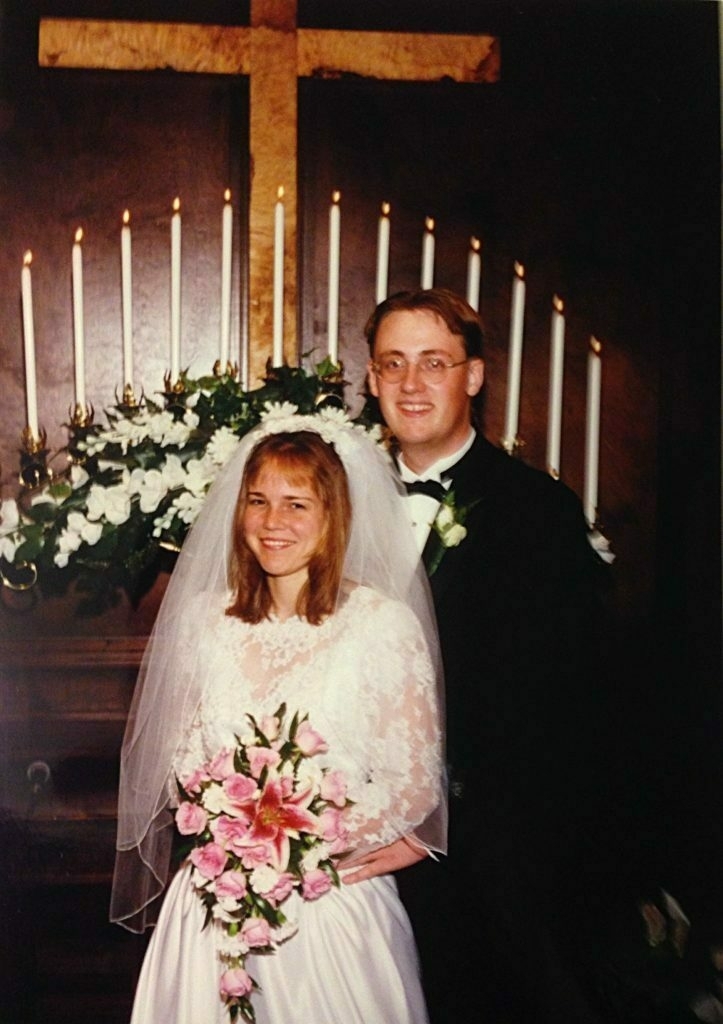
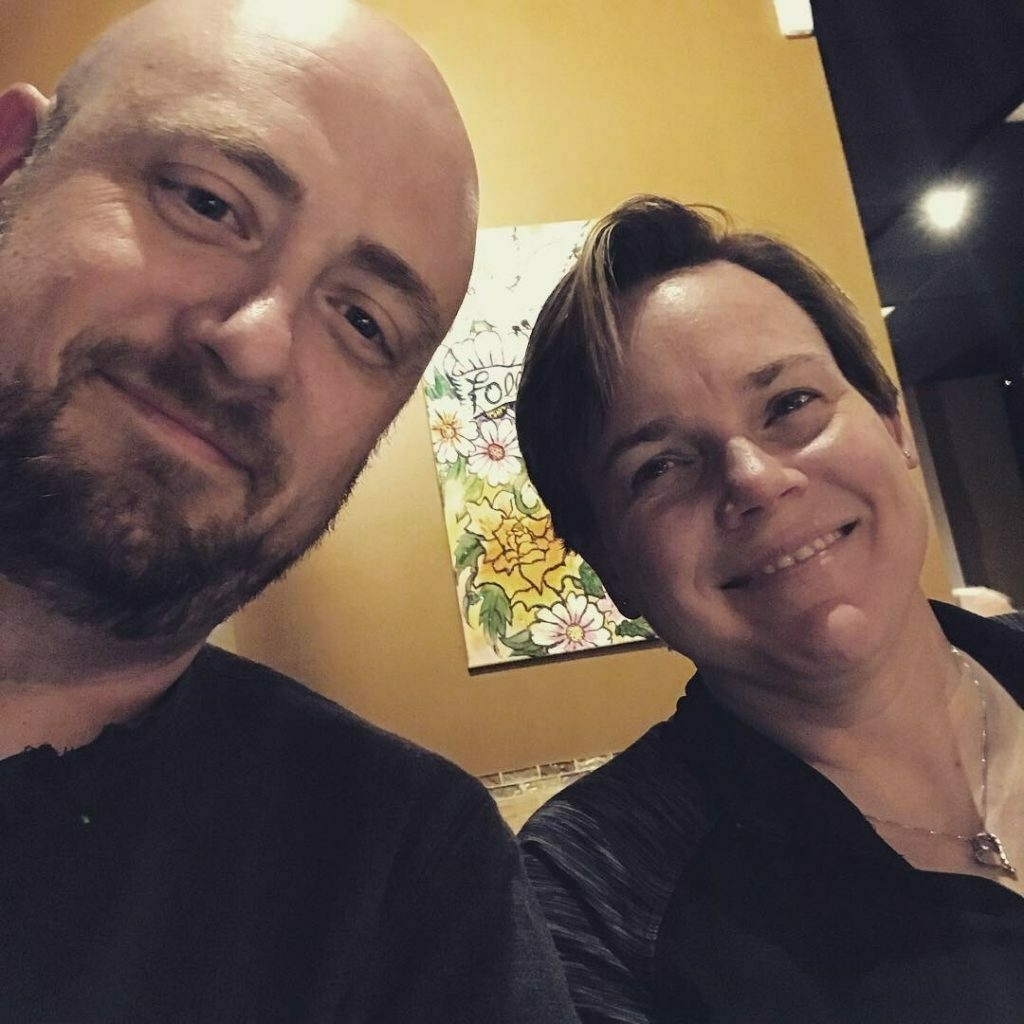
Is it the beard?
I’ve written before about my Swedish Doppelganger - the botanist Carl Skottsberg in his younger years, at least according to my sister-in-law. Yesterday I was alerted to another one.
Information on this alleged doppelganger comes to me from an older lady at church. She approached me yesterday to say that she watches the Jimmy Swaggart (eek!) TV program, gave me the DISH Network channel that she sees it on, and that Jimmy has a pianist who looks “just like” me and plays the piano “just as well” as I do.
I had to know more.
It turns out the pianist and band leader at Jimmy Swaggart Ministries is a guy named Brian Haney. And, well… I see the resemblance.
Brian:

Me:

Brian again:
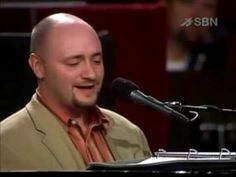
Me again:

If I had the time to dig up a few more pictures I’m sure I could find one of me at a piano that has eerie similarities to that one of Brian. I get that the white guy with the shaved head and beard is probably enough to trigger the churchgoing lady’s awareness, but I think there’s a little more than that.
I watched a few of Brian’s YouTube videos and the dude is a talented musician. I might be able to match his Southern Gospel piano riffs, but he’s got a voice that I sure don’t.
He does seem to have a tendency for unfortunately-named songs, though… “I Found The Lily In My Valley” and “When God Dips His Pen Of Love In My Heart” make me realize CCM doesn’t have an exclusive on unintended innuendo.
If you know of other doppelgangers of mine feel free to mention them… but really, the world probably has enough guys that look like me already. We don’t need to overdo it.
Birthday week!
Today at our house we enter Birthday Week: three of the five of our family members celebrate a birthday between now and next Tuesday. Today it’s Addie entering her last pre-teen year. Tomorrow it’s me leaving 40 behind. Next week KP starts her last year with a single digit age.
Man oh man, time flies.
Nineteen
Nineteen years ago today Becky and I were married. If I search back through the archives on this blog I’m sure I’d find that I have used the same phrases almost every year. Yes, it was a hot day. Yes, we were young. No, we really didn’t know what we were getting into.
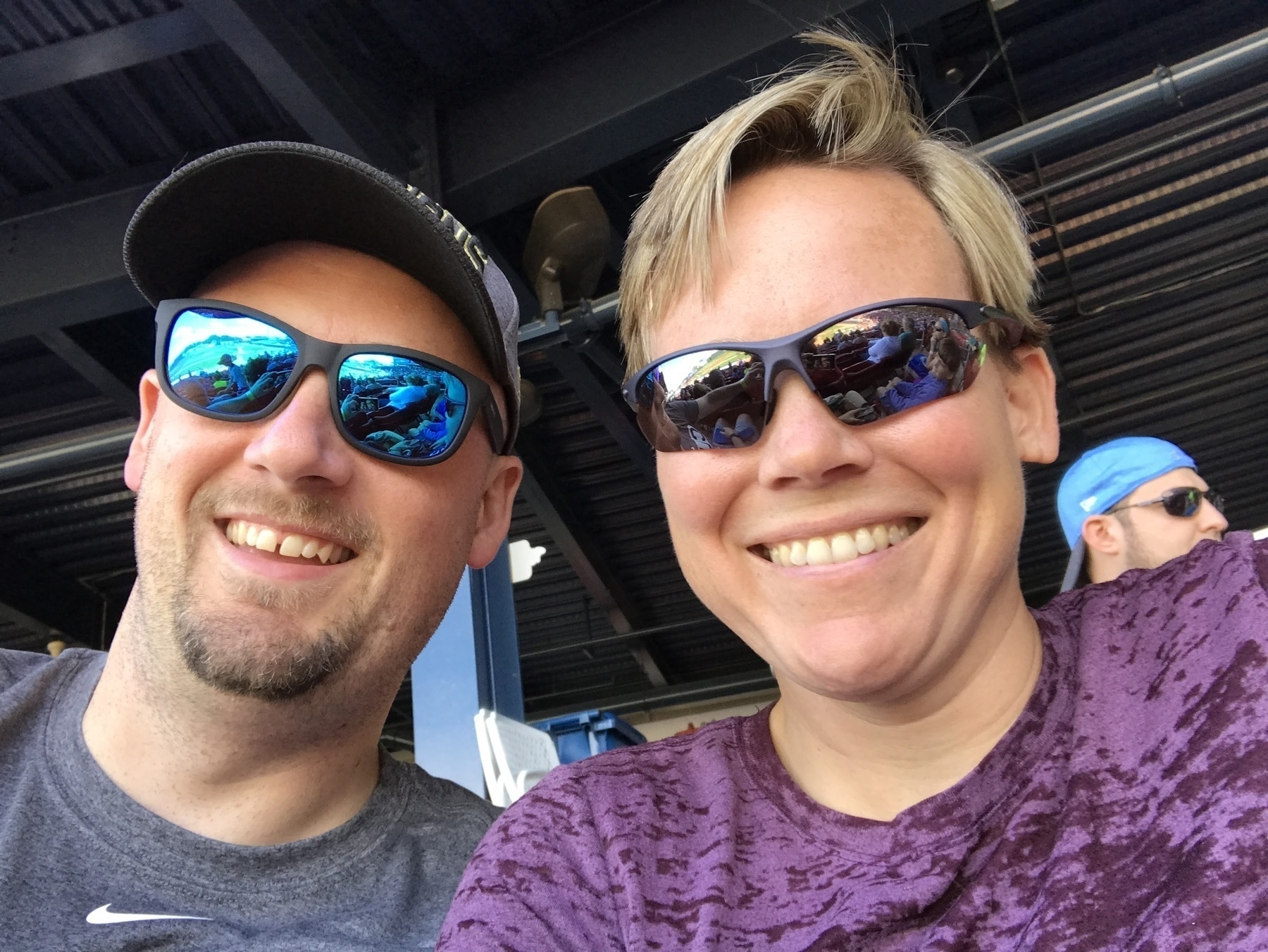
But nineteen years later I can say I have been immeasurably blessed by having Becky as my wife and best friend. Three kids, four homes, a dozen or so cats, and hundreds of softball games later we are stronger, closer, and more content than I think we have ever been.
Here’s to many, many more. Years, that is. And softball games. (Maybe not too many more cats?)
An open letter of apology to my wife, to be reused as necessary
Dear Becky,
Tomorrow the postman will drop off an Amazon package in the mailbox. Yes, it’s another book. Yes, I know the last one I ordered just showed up a couple days ago. And the one last week before that.
I managed to justify them all to myself in one way or another. Last week was a book about major players in my industry, and I figured it’d be good history for me to know. Early this week was one about leadership that a bunch of people have been raving about. Having been in a leadership position at work for almost two years, it’s probably worth reading. Tomorrow is a two-volume (sigh) book of theology.
Had I been able to arrange the delivery date for tomorrow’s book, I would’ve spaced it out a little bit better, but I ordered it back in January and it just dropped this week. But hey, Amazon tells me I saved $5 by preordering, so that makes it worth it, right?
And yeah, I know I’ve got a pile of books as long as my arm stacked next to the bed. And another pile as long as my other arm stacked behind that. And full bookshelves everywhere we have bookshelves. But is it really my fault that N.T. Wright is such a prodigious author? Heck, the last time I bought a book of his I spent $4.99 on sale for the Kindle version. That saves bookshelf space!
(On second thought, let’s not get into how many unread books I still have on the Kindle…)
I have at various times in the past made a resolution that I won’t buy any more books until I whittle down the unread pile next to the bed. It’s probably time to make that resolution again. (Well, maybe after I use that Half Price Books gift card I was just given.)

At this point my unread book collection probably outnumbers your cast iron collection, though by weight the cast iron still wins… but maybe not for long. I think we get similar amounts of enjoyment out of our own respective collections, but to be fair I’m sure I get far more benefit from all the yummy stuff you cook in the cast iron than you get from all the rambling I do in conversation with you after reading.
Thanks for nearly 20 years of putting up with my bad habits. As much as I try to improve, maybe sometimes buying another bookshelf would just be the easier solution. (If we only had room…)
Love, Chris
